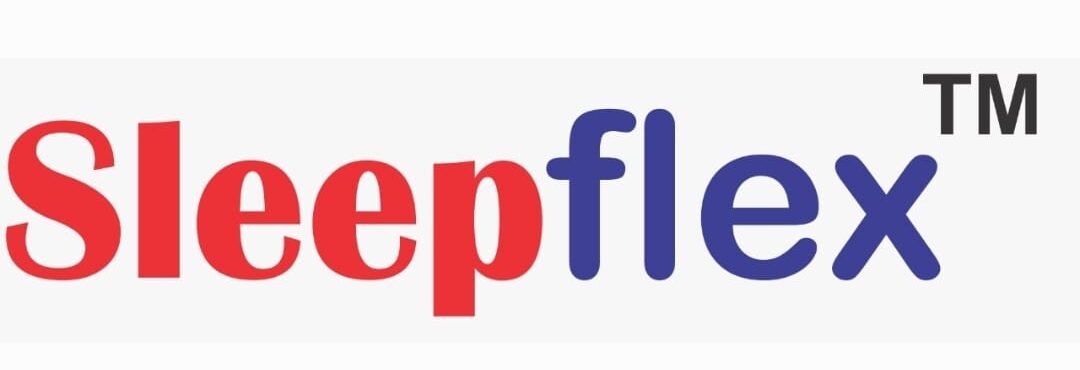The Advancement of Google Search: From Keywords to AI-Powered Answers
Commencing in its 1998 inception, Google Search has changed from a plain keyword identifier into a flexible, AI-driven answer mechanism. At launch, Google’s breakthrough was PageRank, which rated pages considering the worth and number of inbound links. This changed the web free from keyword stuffing towards content that acquired trust and citations.
As the internet expanded and mobile devices expanded, search patterns evolved. Google presented universal search to unite results (articles, photos, content) and later spotlighted mobile-first indexing to embody how people actually browse. Voice queries employing Google Now and eventually Google Assistant propelled the system to understand casual, context-rich questions versus clipped keyword chains.
The following advance was machine learning. With RankBrain, Google initiated translating previously fresh queries and user intent. BERT progressed this by processing the complexity of natural language—syntactic markers, framework, and correlations between words—so results more closely answered what people signified, not just what they put in. MUM grew understanding across gyn101.com languages and mediums, facilitating the engine to link affiliated ideas and media types in more elaborate ways.
Nowadays, generative AI is revolutionizing the results page. Projects like AI Overviews distill information from myriad sources to give concise, meaningful answers, repeatedly joined by citations and subsequent suggestions. This diminishes the need to follow diverse links to create an understanding, while but still guiding users to more thorough resources when they choose to explore.
For users, this revolution results in more rapid, more particular answers. For artists and businesses, it honors thoroughness, ingenuity, and coherence above shortcuts. In time to come, forecast search to become ever more multimodal—smoothly integrating text, images, and video—and more bespoke, customizing to options and tasks. The journey from keywords to AI-powered answers is at its core about changing search from retrieving pages to completing objectives.


